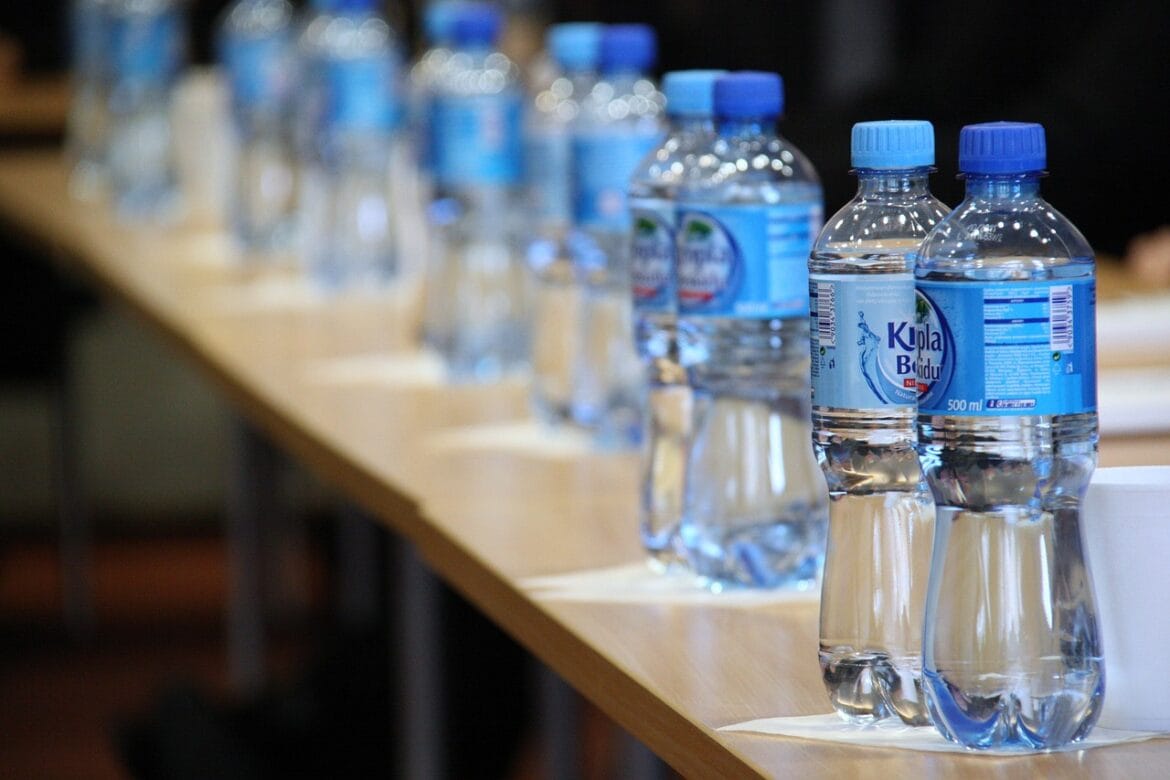A commentary published by researchers at the Institute for Public Health (IPH) of Weill Cornell Medicine-Qatar (WCM-Q) has highlighted the global impact of bottled water on human and environmental health.
The commentary, ‘Rethinking bottled water in public discourse,’ was published in the BMJ Global Health.
It challenges the assumption that bottled water is safer and cleaner than tap water and calls for an international rethink of consumption habit, noting that a staggering one million units of plastic bottled water are sold every minute worldwide.
The research highlighted that up to 80 per cent of plastic bottled water samples have been found to contain harmful contaminants such as microplastics, and chemicals such as phthalates and bisphenol A (BPA).
These chemicals are added to plastic water bottles to make them stronger and more flexible but are known to be hormone disruptors that are detrimental to human health.
Microplastic contamination has been linked to issues such as immune system dysregulation and oxidative stress, while exposure to BPA has been associated with cardiovascular disease, diabetes and obesity.
“We believe that urgent action is needed to address this growing global issue,” said Dr Sohaila Cheema, one of the authors of the commentary.
“We can all benefit from reducing plastic waste, reducing environmental degradation, and greater protection from consumption of the harmful chemicals and microplastics that are often found in plastic bottled water.”
Additionally, the commentary outlines some of the environmental repercussions of plastic bottled water, pointing out that Asia produces more than 80 per cent of global plastic waste emitted into the oceans.
The commentary notes that in some low-income countries with poor water quality and underdeveloped infrastructure, bottles can be a solution to meet water demand. However, in high-income countries, the preference for bottled water is usually due to the mistaken belief that bottled water is inherently cleaner and safer than tap water.
In many countries, plastic bottled water is also subject to looser quality checks than tap water, which is subject to rigorous inspections.
“We can all make a positive difference”, said Dr Amit Abraham, another author involved in the commentary. “We recommend switching to tap water if you live in an area where the quality is good, switching to non-plastic reusable water bottles for yourself and your family, and always choosing glass bottled water or canned water if you are out and about.”
Read the full commentary here.



